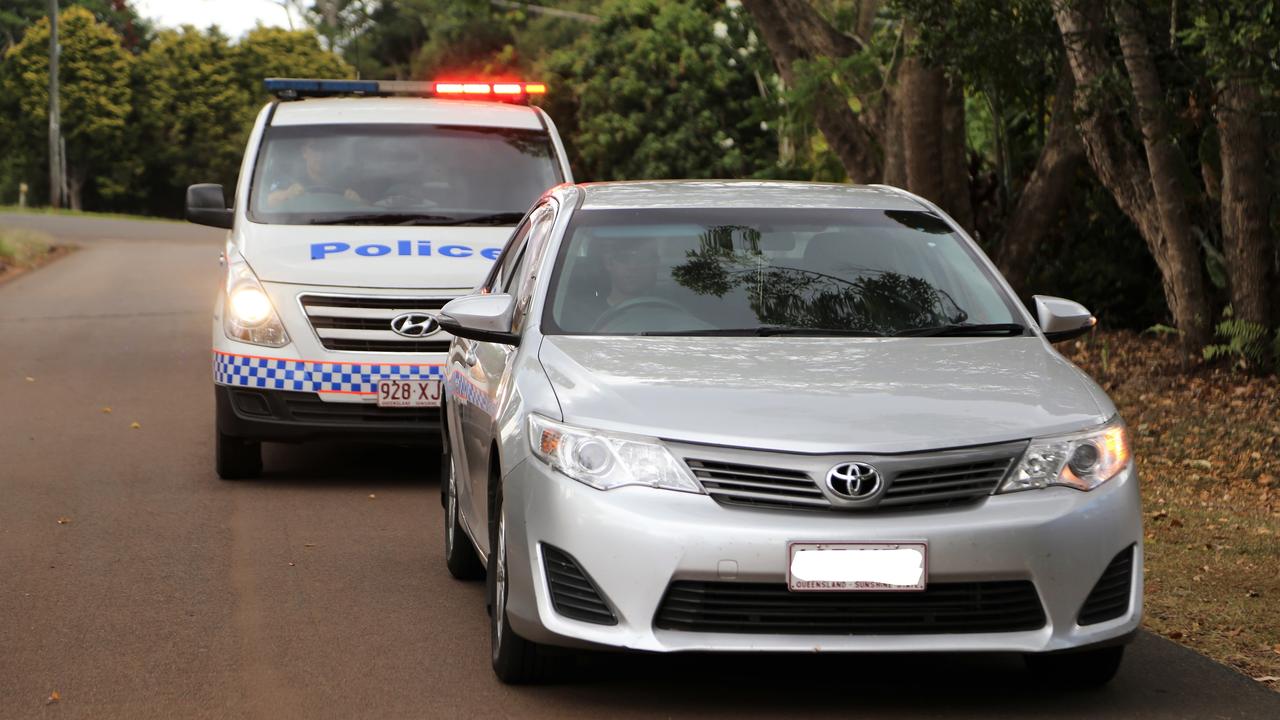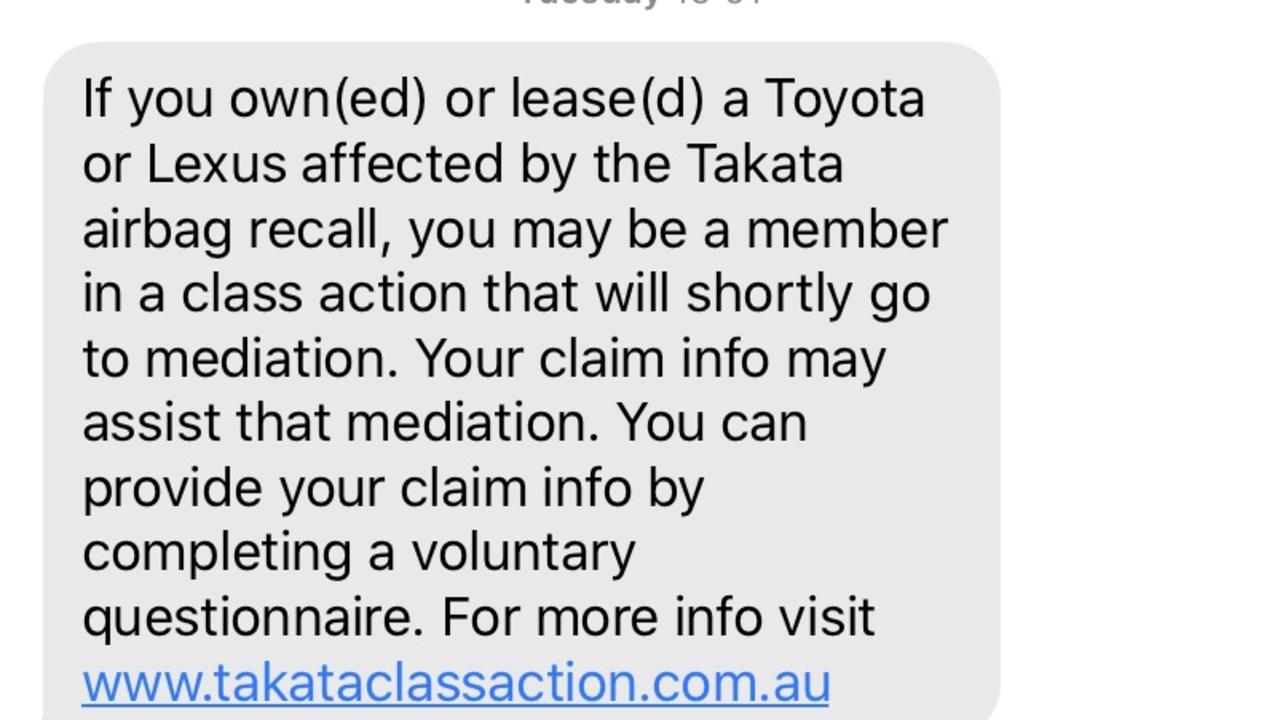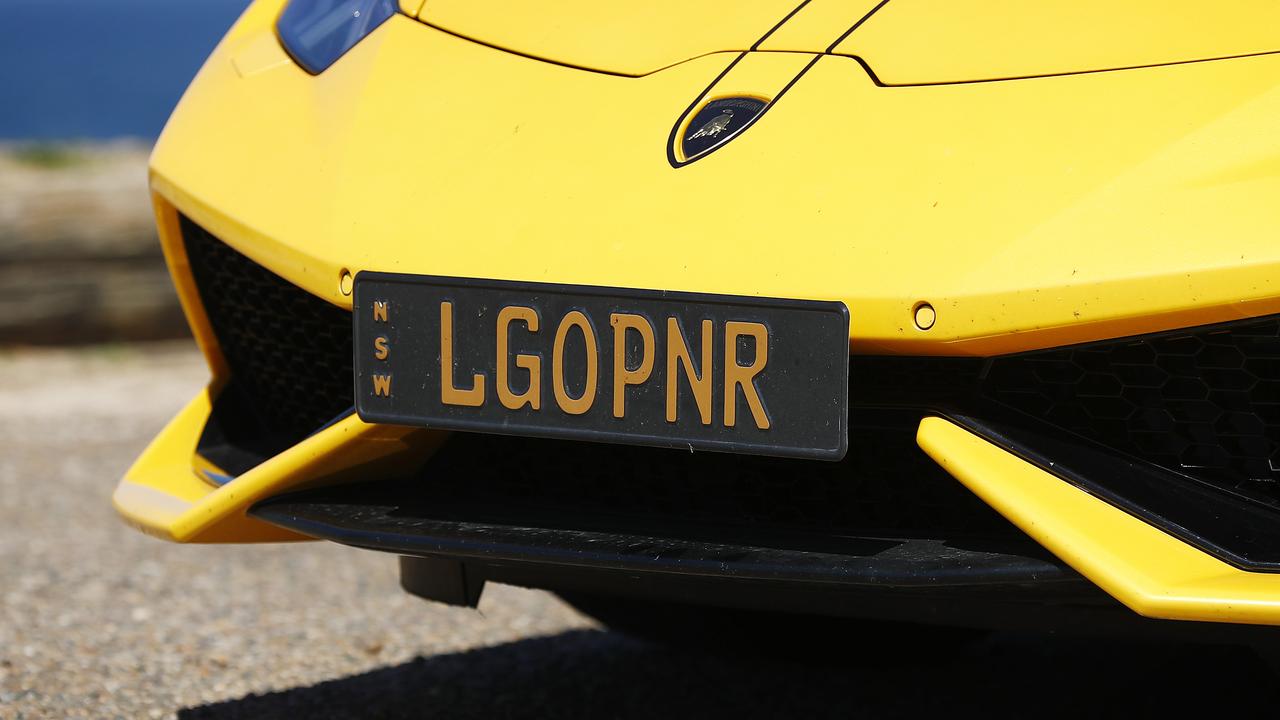Chris Cox used to despise cyclists, believing they should get off the roads. Then something changed
Not long ago, Chris Cox used to think bikes shouldn’t be allowed on the road and loathed cyclists. Then, something changed.
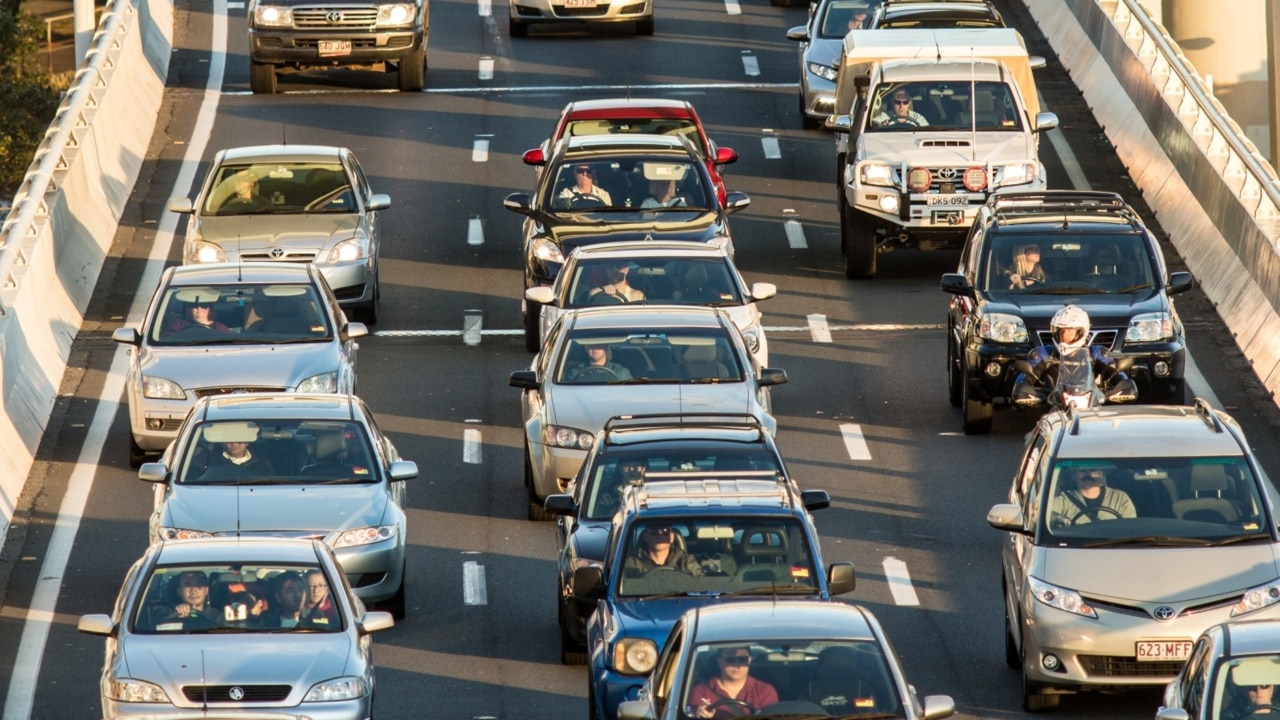
Cyclists shouldn’t be allowed on the road, I used to think.
They don’t pay registration. Those two-wheeled toys weren’t designed to share the bitumen with “real” transport vehicles like cars, trucks and motorbikes.
It was a perspective that came so naturally to me.
It was my instant reflex response when a colleague told me how he and his mates were terrorised by a motorist on their weekend ride. The driver had tailgated, revved the engine, leant on the horn and finished it off with a drenching with some kind of liquid.
Yet, despite what was a clear example of deliberate and dangerous intimidation by a couple of boofheads in a car, my first reaction was to blame the victim.
Like so many, I drove to get around. I tolerated people walking or jogging because I could relate to that. But those adults on bikes — what’s with that?
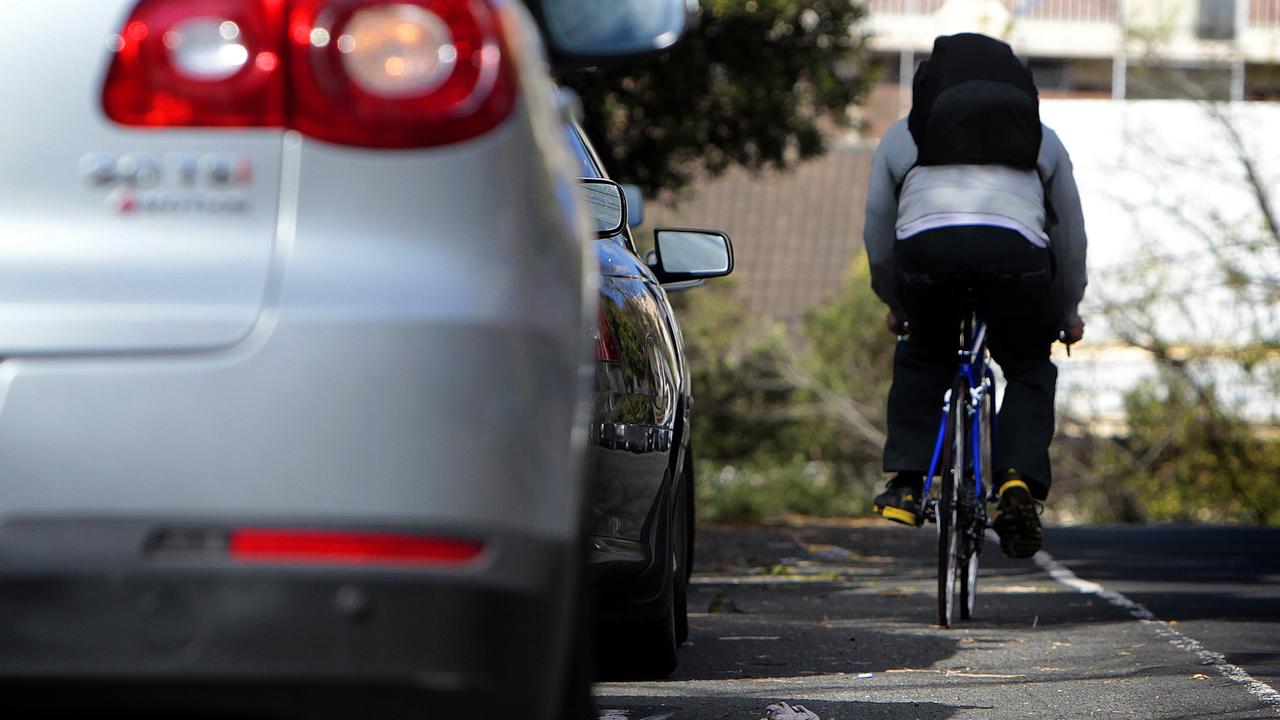
Several years passed and I had landed a job in Brisbane’s CBD. After a year it dawned on me that the only thing I was using my family’s second car for was to drive to the train station.
I had a bicycle languishing away in my garage — a $50 mountain bike I got via Subway as part of a Biggest Loser promotion, as I recall.
I decided I’d try riding that contraption the 5km or so to the train station instead of driving.
What was normally a 15-minute drive, and then a walk from my parking spot somewhere in the adjacent suburb to the train station, was now a leisurely 18-minute cycle.
Aside from Queensland Rail’s bizarre rules forbidding chaining a bike to the fence for safety reasons, it was a quick and convenient way to get to the station, and I felt my heart get going.
After a few weeks, I upgraded my $50 set of wheels to a slightly less junky bike and decided I’d try riding all the way to work. I never looked back.
In a few months we sold the second car and I became a cyclist — one of those pesky people who shouldn’t be on the road anyway, as I would’ve said a few years earlier.
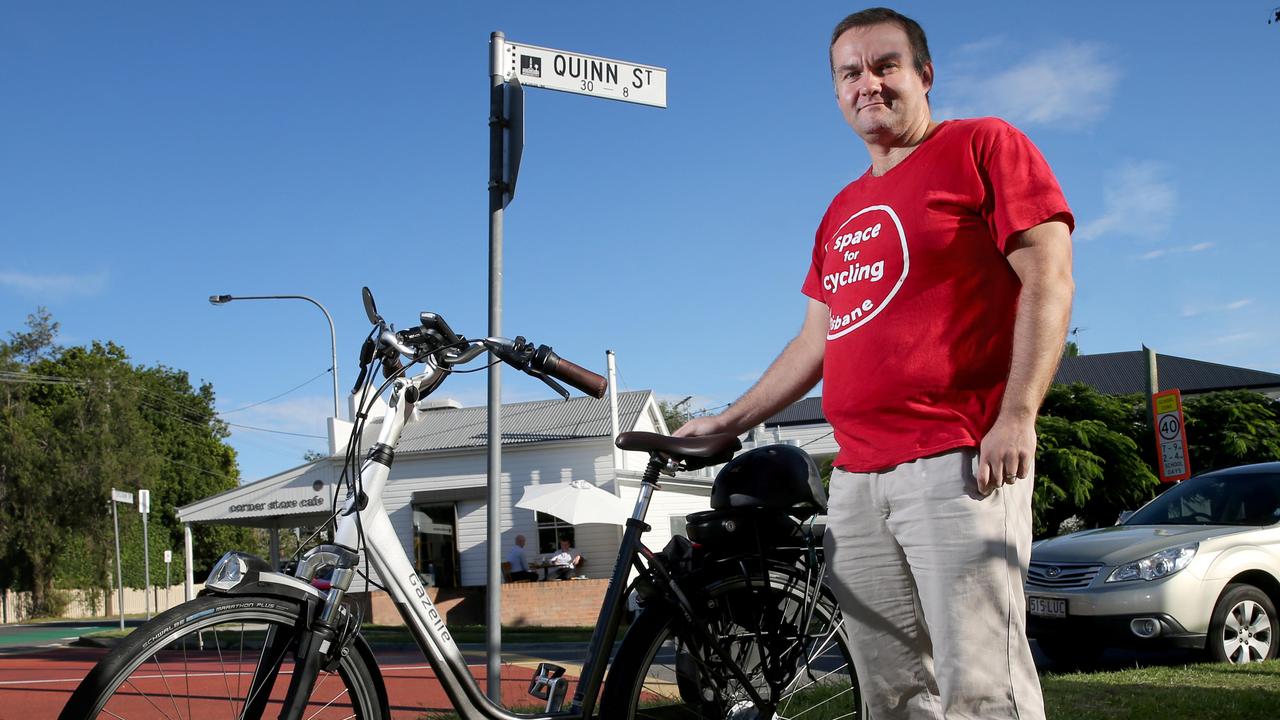
My perspective of everything to do with road transport changed as a result.
I discovered why cyclists rode out away from parked cars, after a door flung open and nearly took me out.
I understood why riders sometimes chose to ride in the middle of the lane, after a large four-wheel drive decided it had enough room to squeeze past me in the lane and I felt the mirror brush my shoulder.
I got why cyclists I had wronged in my previous life as a motorist would yell expletives at me after I’d pulled out in front of them. It’s a reflex response when you feel your life is flashing before your eyes, even if no malice towards you was intended.
I still don’t quite understand those clip-in shoes, but that’s OK.
Not only did I come to understand cyclists, but it changed how I drive. I feel much more aware of people walking or on bikes, and I look further ahead and plan better. I believe riding a bicycle has made me a better, safer driver.
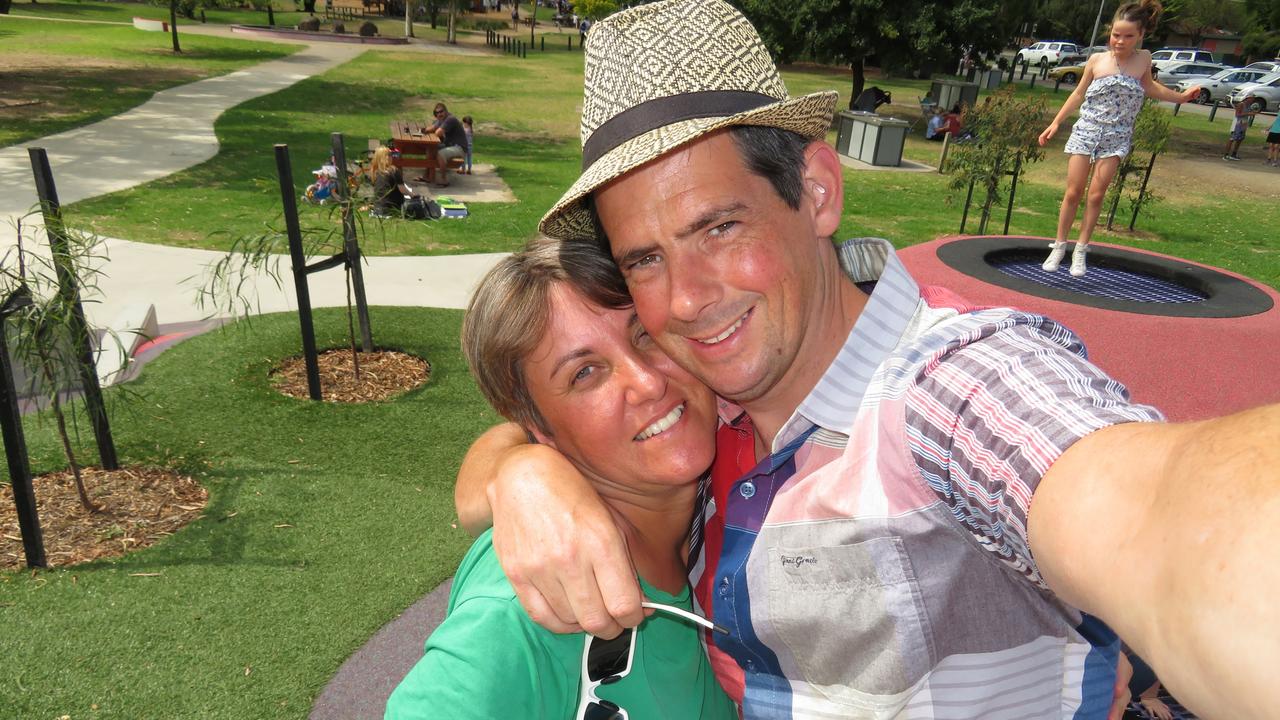
My perspective changed even more profoundly after becoming a “bike commuter”.
My wife rang me at work one morning, shaken after she’d driven past a cyclist face down on the road in Kenmore in Brisbane’s west.
That cyclist was Richard Pollett, a 25-year-old musician on his way to a rehearsal, who was hit and killed by a cement truck. The driver was acquitted because the law was not clear about what constituted a safe overtaking distance
A Queensland parliament inquiry followed and the minimum passing distance law — or 1m rule as it’s known — was introduced.

I joined the ranks of advocacy, leading the establishment of Brisbane West Bicycle User Group and joining the Space4Cycling Brisbane campaign. Our vision was of a city where it’s safe, easy and convenient for people of all ages and abilities to get around on a bike.
No goals of world domination. No desire to eradicate cars. Simply a wish to have cities and towns where people can feel safe and comfortable to get around on two wheels.
It’s confusing when people talk about the “war” between motorists and cyclists. It’s confusing because I don’t see myself as either, given that I’m both.
And most people who ride bikes also drive a car.
It’s confusing because I don’t wish death on people who drive cars. And I honestly haven’t met anyone who drives a vehicle and wishes death on cyclists — though I’ve met some who, like old me, want to see bikes off the road.
But it’s especially confusing because there’s only one side of this so-called war that does the killing, which has come sharply into focus in the past week with the death of fellow advocate, Cameron Frewer. Cameron had a vision too.

He wanted the minimum safe passing distance laws to be understood by motorists and police, and to be taken seriously. He wanted to save lives and encourage more people to ride more often.
His loss feels exceptionally acute to me because of our similarities. We both support the cause of road safety. But more than that, we’re both married, 40-something dads with three kids.
Those families support our passion for what we do but want us to come home safely each and every day.

That Cameron didn’t come home safely on Monday last week shook me. I haven’t dared to read any of the comments on social media or any of the stories related to Cameron’s death. I know what I’d find.
As a straight, white, middle-class male, being a bicycle rider is the only time I get a glimpse into what life is like as a minority. Social media amplifies bigotry, and it’s not a place you want to subject yourself to — particularly for a story like this.
But my wife did read the comments. My sister did. And what they read about Cameron from strangers was so upsetting.
When they read those comments, it feels personal. It could be about me.
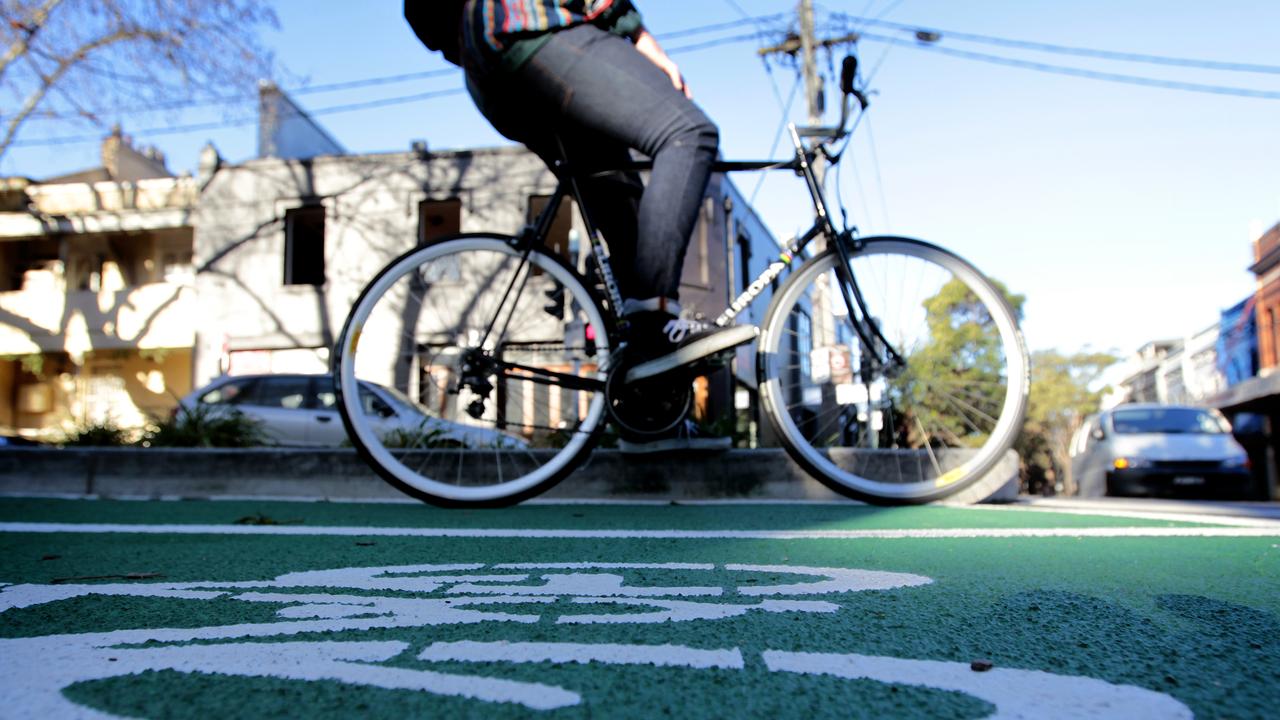
It’s unrealistic to think everyone will take the journey I did, riding a bike and gaining a new perspective on the roads and road safety.
But, it would help to dispense with this hyperbolic talk of a war. It would help to stop dehumanising the issue by talking about “those cyclists” as if they’re worthless objects.
We are all people. Let’s start acting like it.
Chris Cox is the co-convener of Brisbane West Bicycle User Group
This week, news.com.au will highlight Mr Frewer’s legacy and the contentious issue of road safety, from all sides, in a campaign inspired by his passion for harmony and fairness

